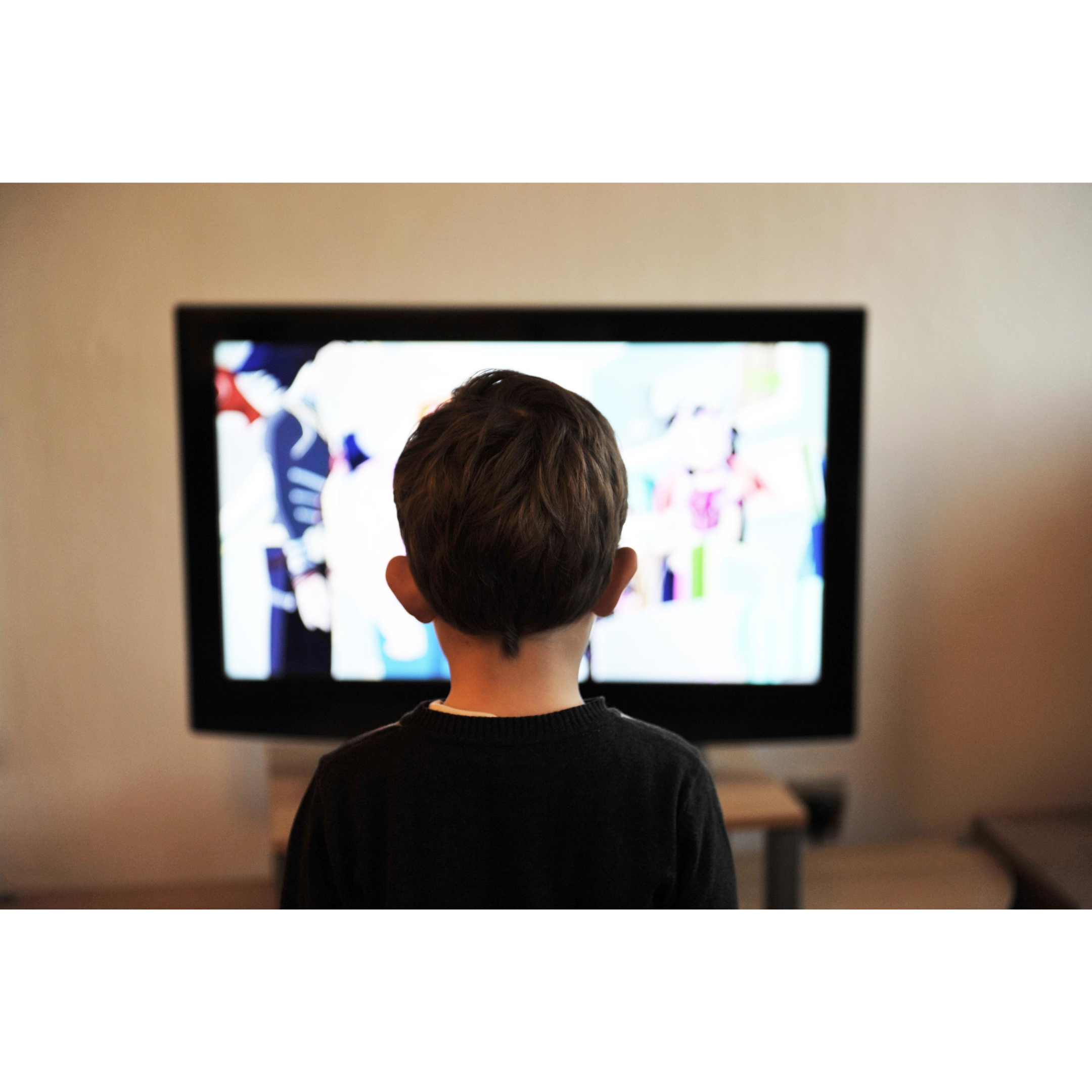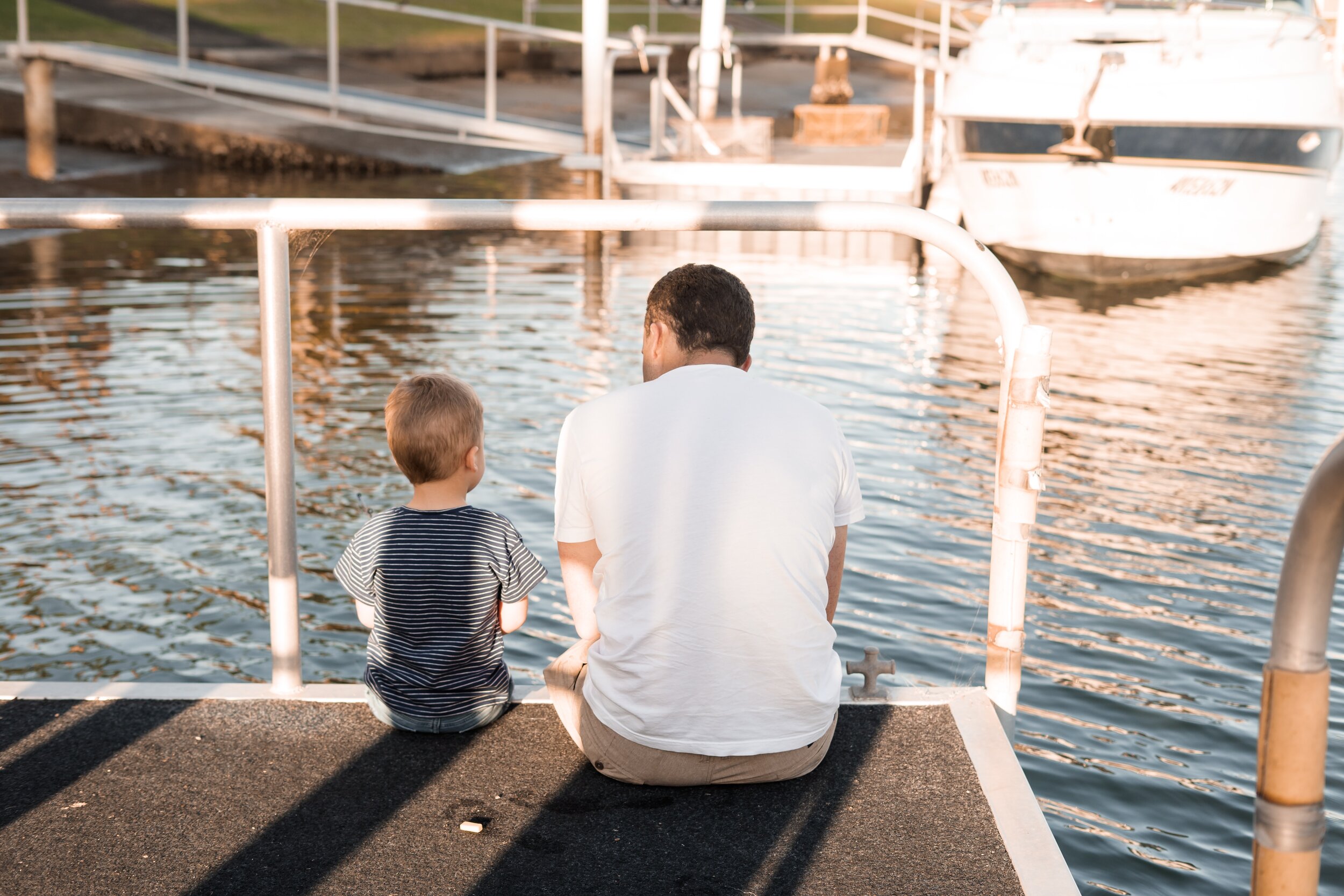Talking to Children about Current Events
While we don’t want to overwhelm or scare our children, it is important to discuss what is going on. Children need honesty and support at its best during a time we might be seeing it at its worst.
Supporting children during times of national crisis is important to their understanding of the world around them. We definitely have a lot going on in our world right now and children may not understand what is happening. However, they can see, hear, and feel the emotions of those around them. It is important for parents to talk with children about what is happening so they can understand and feel safe and supported.
Regardless of a child’s age, threatening or upsetting news can affect them emotionally. Many can feel worried, frightened, angry, or even guilty. These anxious feelings can last long after the news event is over. As parents, it is ok not having all the answers and saying you don’t know why these situations (pandemics, acts of violence, etc.) are happening. Crisis events are difficult for anyone to comprehend and understand. What is important is parents engaging children in age appropriate conversations and learning how to help children deal with all the information.
The National Child Traumatic Stress Network recommends these steps to talking about any major current event .
Start the conversation. It might be hard to know where to start, but starting the conversation is the first step. Staying silent and trying to shield your child from what’s happening might make things worse because they won’t know what is happening or are finding out information from other people.
Find out what they already know. Ask your child what they already know or have heard from others. It’s important during this time that you listen to what they are saying, but also their fears or concerns.
Correct inaccurate information. It’s important that as you listen to your child, you gently correct any inaccurate or misinformation. Make sure that what you share is age appropriate.
Encourage questions. Encourage your child to ask you questions and answer those questions as best you can.
Limit media exposure. In our world of 24/7 instant media coverage, it is important to limit the amount of media coverage. Young children should not be exposed to media coverage because it’s too hard to know what will be shown.
Understand common reactions. Children may be distracted or worried about the event that happened or may want to be near loved ones more often. Know that these are common reactions and should be supported as much as possible to help children through them.
Be a role model and talk about your feelings about the event at a level they can understand. Talk about the helpers that are involved so children can see the good in any bad event.
Be patient. Remember that children get stressed just like adults, so you may need a little extra patience as children try to process what is happening. They may act out, need extra support or may not tell you what they need at all, so be sure to check in with children and support them as they need it.
Reach out for help if you think reactions are continuing or are interfering with a child’s ability to function. Contact your local health provider or other organizations that can help children deal with trauma or grief.
Children are always watching and learning about the world around them. Keeping the lines of communication open is the best way to help our children feel safe and secure enough to continue to learn, thrive, and grow.



